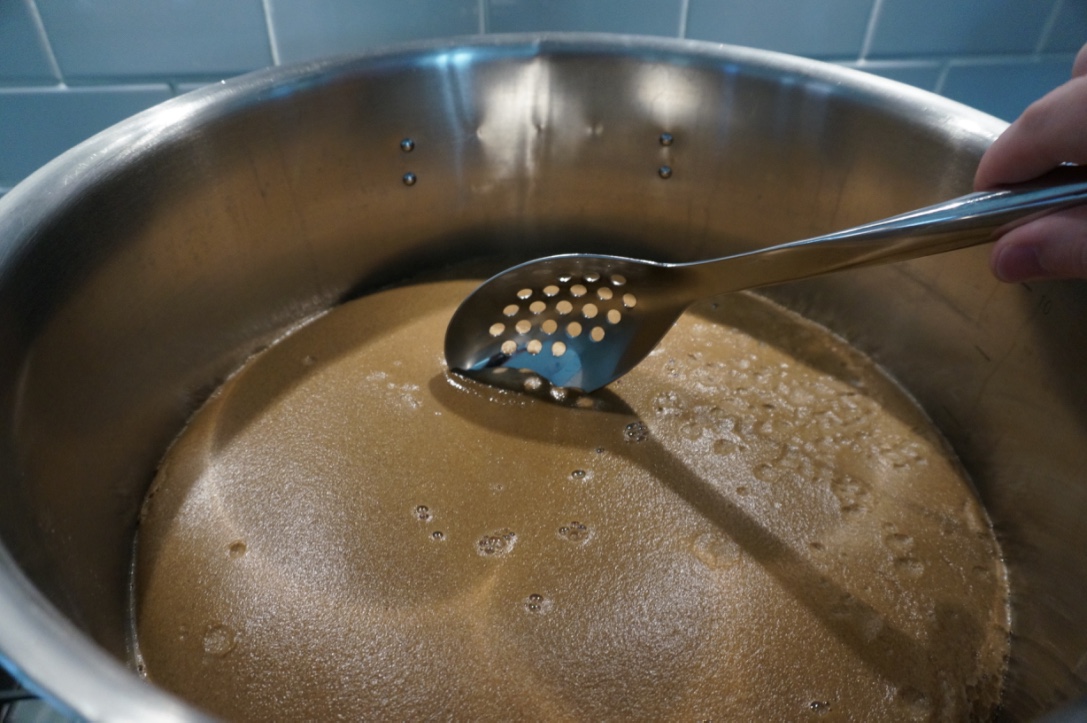Shawn_Brewin
Well-Known Member
So I was brewing a batch of "Punkin Ale" this morning and I used leaf hops for the first time as my FWH and they seriously hindered m ability to skim the white head tht develops on the top of the kettle before boiling. I though to myself does it really make a difference? Then I really thought about it afterwards and I have never read anywhere, books, columns, webcasts, etc. That Stat this as a step in the brewing process.
I. Learned the process from a frind that taught m how to brew an he said he picked it up while brewing with a brewery in saskatchewan, Canada.
Does anyone else do this? Know why it is good/bad???
I. Learned the process from a frind that taught m how to brew an he said he picked it up while brewing with a brewery in saskatchewan, Canada.
Does anyone else do this? Know why it is good/bad???




















![Craft A Brew - Safale S-04 Dry Yeast - Fermentis - English Ale Dry Yeast - For English and American Ales and Hard Apple Ciders - Ingredients for Home Brewing - Beer Making Supplies - [1 Pack]](https://m.media-amazon.com/images/I/41fVGNh6JfL._SL500_.jpg)








































